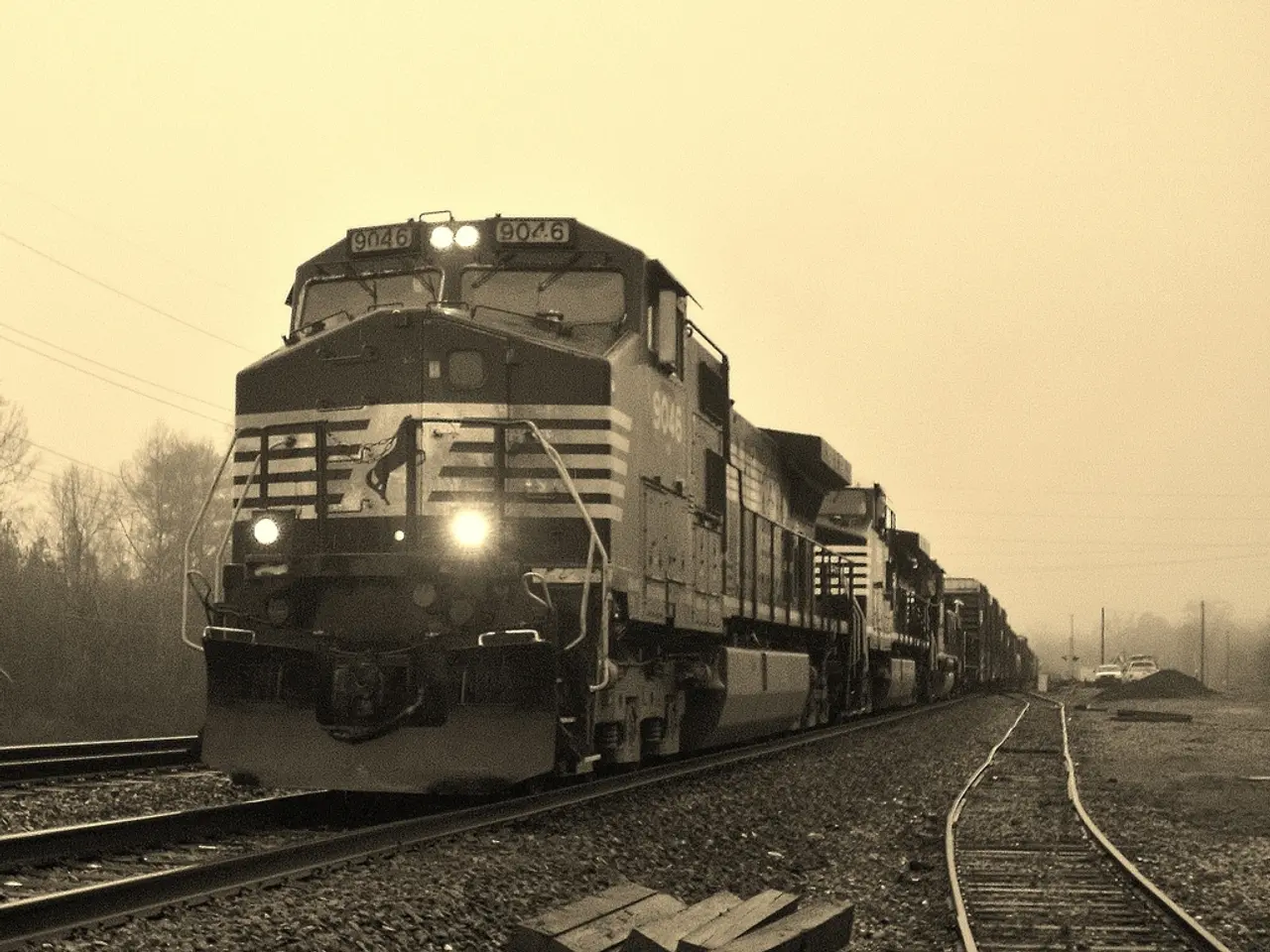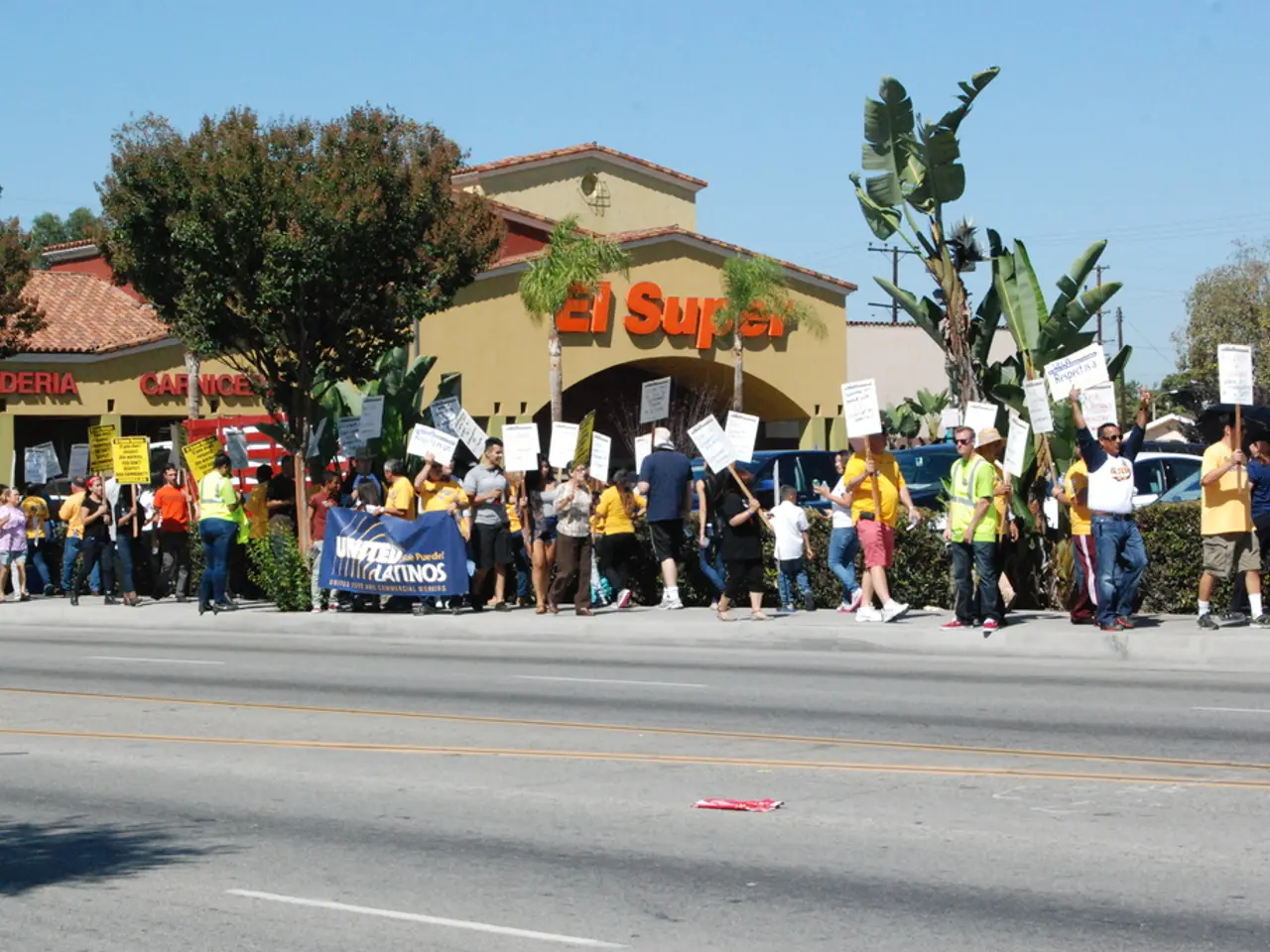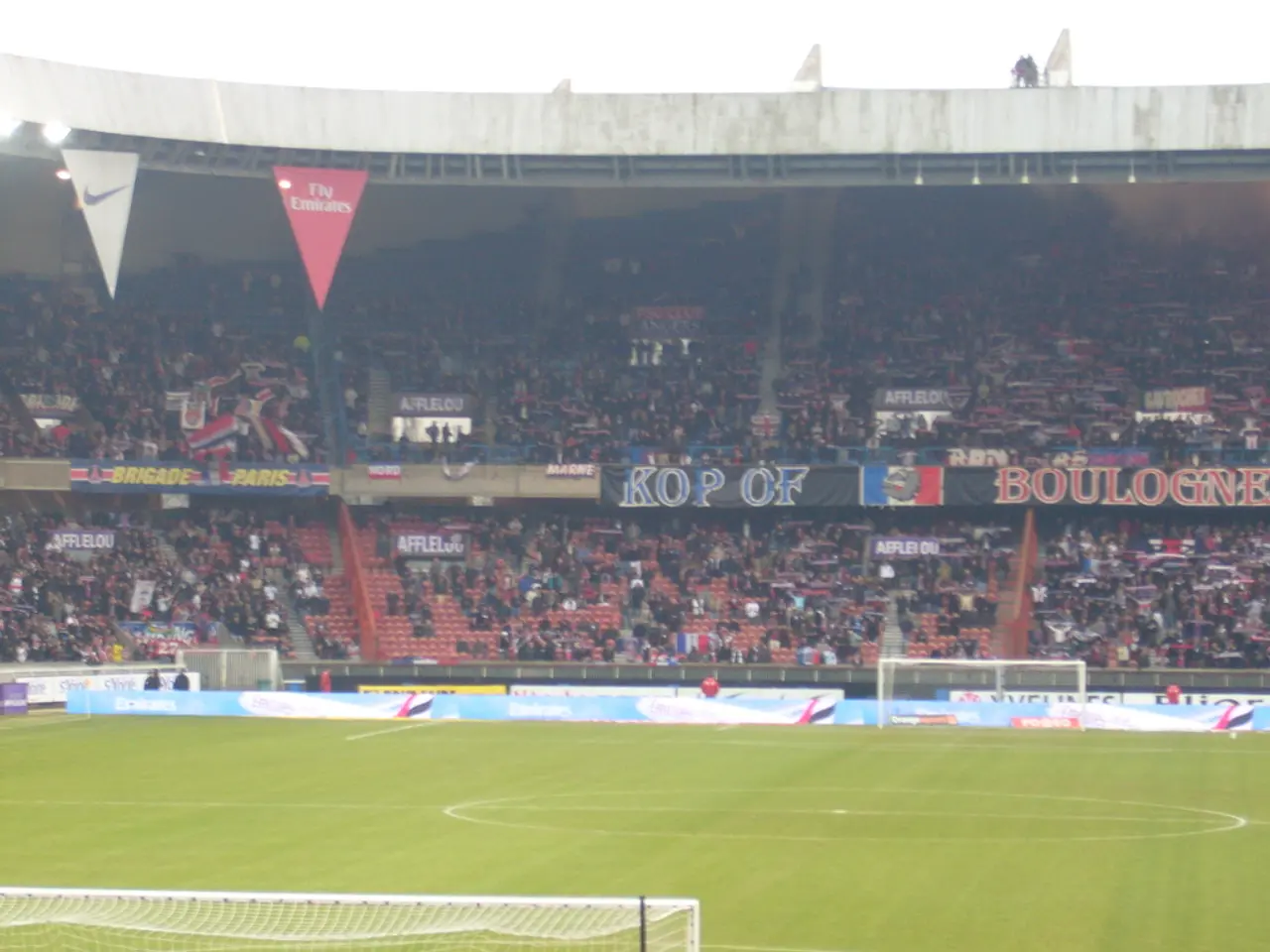Border Control at German-Polish Frontier: Merchants Anticipate Unstocked Shelves
The recent reinstatement of border controls at the German-Polish border by Poland is causing significant disruptions to the retail sector's supply chain and product availability, as well as straining the relationship between the two countries.
The tightened controls, initiated by Federal Interior Minister Alexander Dobrindt (CSU), are creating logistical hurdles that slow the transportation of goods, including German exports passing through Poland. This deceleration disrupts just-in-time delivery systems critical for the retail sector's inventory management and product availability.
Tens of thousands of Polish workers commute daily to German border areas for employment in retail, healthcare, and industrial sectors. The border controls are causing delays and unpredictability in their passage, leading to concerns about labor shortages in these sectors, as employees might seek work elsewhere if crossing becomes unreliable.
Retail businesses in border regions are particularly vulnerable since they depend on cross-border workers and smooth supply chains. Delays in supply affect product availability on shelves, leading to potential shortages or increased costs.
The controls are a response to migration concerns and are set initially for 30 days, with the possibility of extension. While Germany has cooperated and advocated for minimizing impact, the controls inherently introduce new barriers to free movement within the EU’s Schengen area, which traditionally allows borderless travel and trade.
Knut Abraham, the German government's Poland coordinator, has expressed concern about the impact of the tightening of controls on the relationship between the two countries. He also believes that tightening controls will not solve the migration problem. Dirk Jandura, President of the Federation of Wholesale, Foreign Trade and Services (BGA), has not received reports of delays at the border, but warns that tightening border controls could affect the supply chain and lead to consequences for product availability or prices.
Stefan Genth, CEO of the German Retail Federation (HDE), has stated that the tightening of controls at the German-Polish border is a significant event in the relationship between Germany and Poland. Dirk Jandura sees a bigger problem in a regression to a Europe that closes its borders.
Poland has implemented its own border controls in response to the tightened controls by the German border authorities, as reported by Knut Abraham. The trade sector favors a free internal market, as stated by unspecified sources.
The situation underscores the tension between security policies and economic integration within the EU, and the importance of maintaining open borders for the smooth functioning of supply chains and the well-being of cross-border workers.
- The stringent border controls in both Germany and Poland, influenced by community and employment policies, are triggering concerns about labor shortages and supply chain disruptions within the retail sector, which is a part of general-news politics.
- Given that numerous Polish workers commute daily for employment in sectors like retail, healthcare, and industry, the tightened border controls are causing delays and unpredictability, potentially leading to an exodus of workers who might seek employment elsewhere, resulting in a significant impact on employment policies in both countries.







